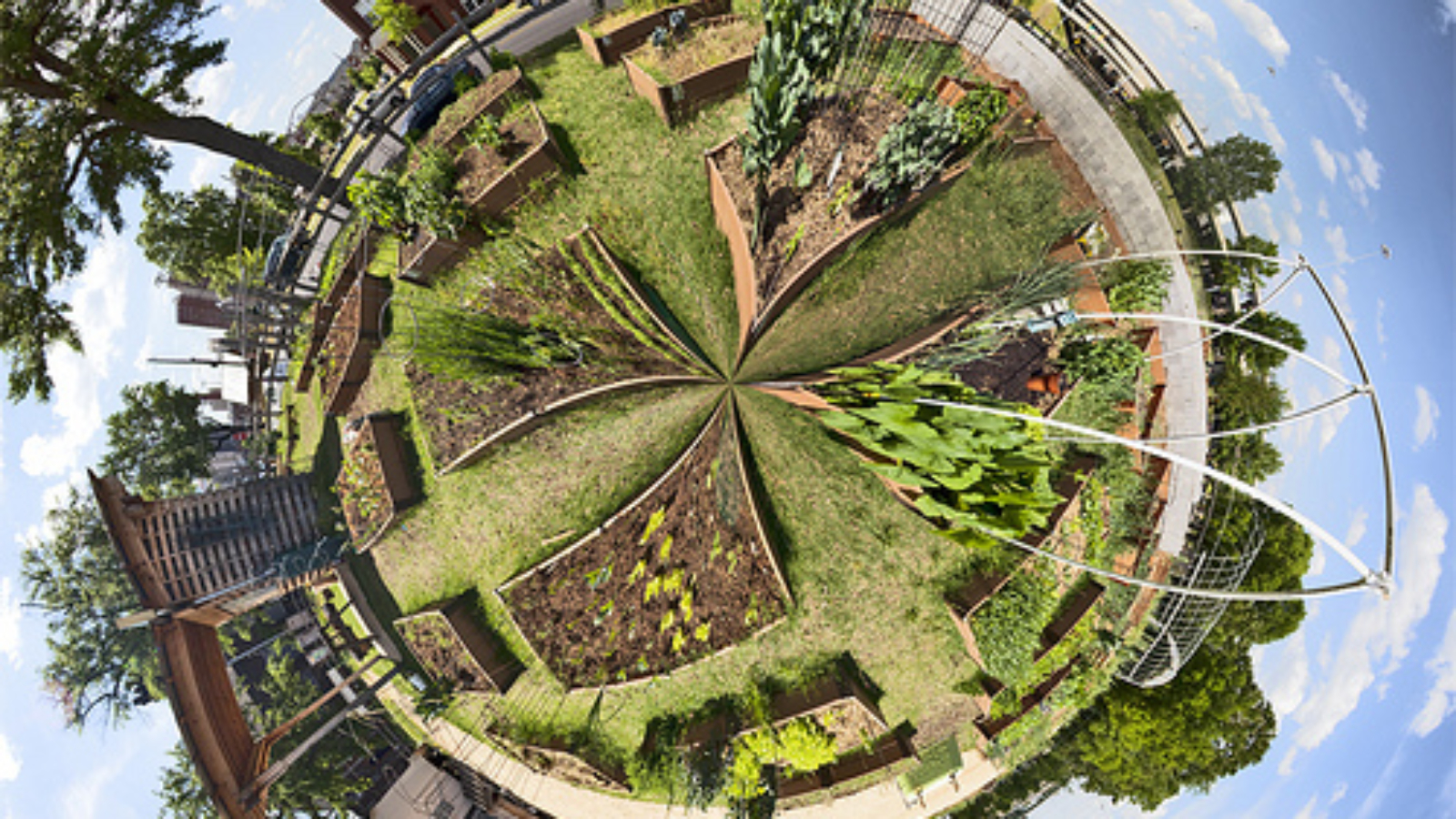[Editor's note: The theme of the Winter 2010-2011 issue of World Policy Journal is “Megalopolis: The City of the 21st Century.” We asked experts, policymakers, and writers from around the world to answer this question: “In the future, what will our cities look like?”]
By Dickson Despommier
Cities as they are currently configured rely heavily on outside resources to make them function: water, energy, and food. This has taken a heavy toll on the landscape, with farming, alone, consuming land equivalent to the entire continent of South America. We have grown from around 1 million individuals 15,000 years ago, to 6.8 billion today, with another 3 billion on the way over the next 30-50 years. What’s more, most of us will be living in the built environment instead of hunkered down on the farm, as many of our forefathers did in the last century. If cities continue to grow and consume at even faster rates than today, it will soon be evident that sustaining them will not be an option.
In contrast, an intact ecosystem is balanced, diverse, resilient, and sustainable. If cities could “bio-mimic” the best features of these functional ecosystems using cutting edge technologies to do so, then there may be hope for living in balance with nature and still enjoying the comforts of modern life, no matter how many people need to be fed. To engage this radical solution in achieving urban sustainability would first require us to learn how to produce food crops within the city limits—so called urban agriculture.
I have advocated for the creation of high-rise buildings specially constructed for that purpose: vertical farms. By growing food hydroponically (i.e., off the land grid), large tracts of farmland can then be abandoned, allowing them to revert back to their original ecological purpose. In most cases, this means the rebirth of hardwood forests. Carbon sequestration would increase as vertical farms took over the chore of growing our food, and the earth’s runaway climate change might just slow down enough to allow us humans the luxury of time to actually adjust to it. Failure to fully appreciate the urgent need to give land back to natural process is tantamount to sticking our heads in the sand and waiting for the day when humans no longer walk the surface of the Earth.
Dickson Despommier is a professor of environmental sciences and microbiology at Columbia University, best known for his research into “vertical farming,” a practice based on the belief that producing fruits, vegetables and grains on farms located atop skyscrapers can reduce global warming, save space, while generating clean energy and water.
[Image courtesy of Flickr user southernpixel]
